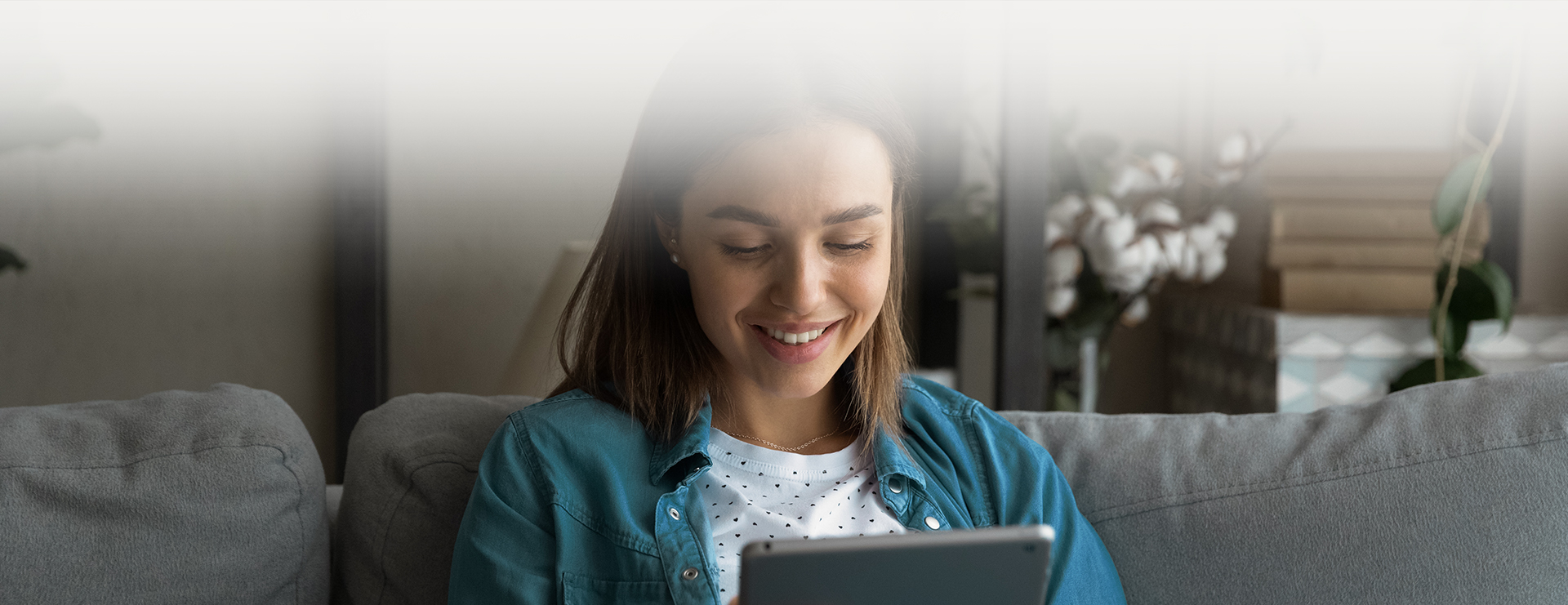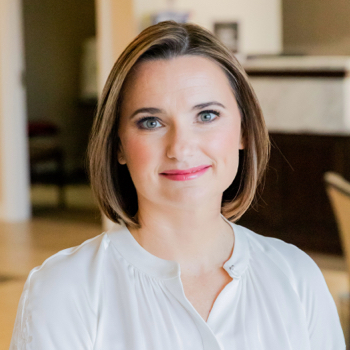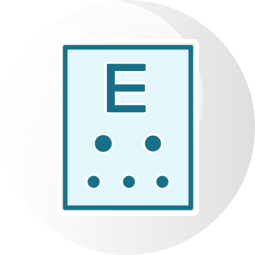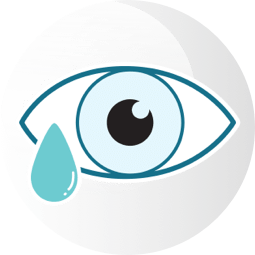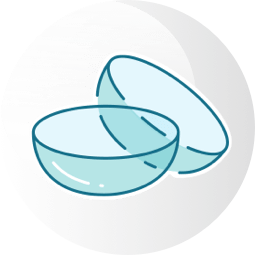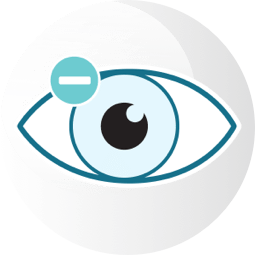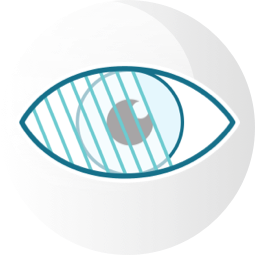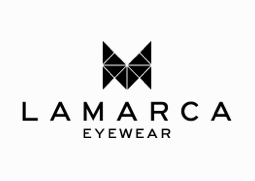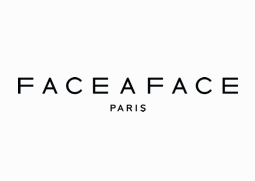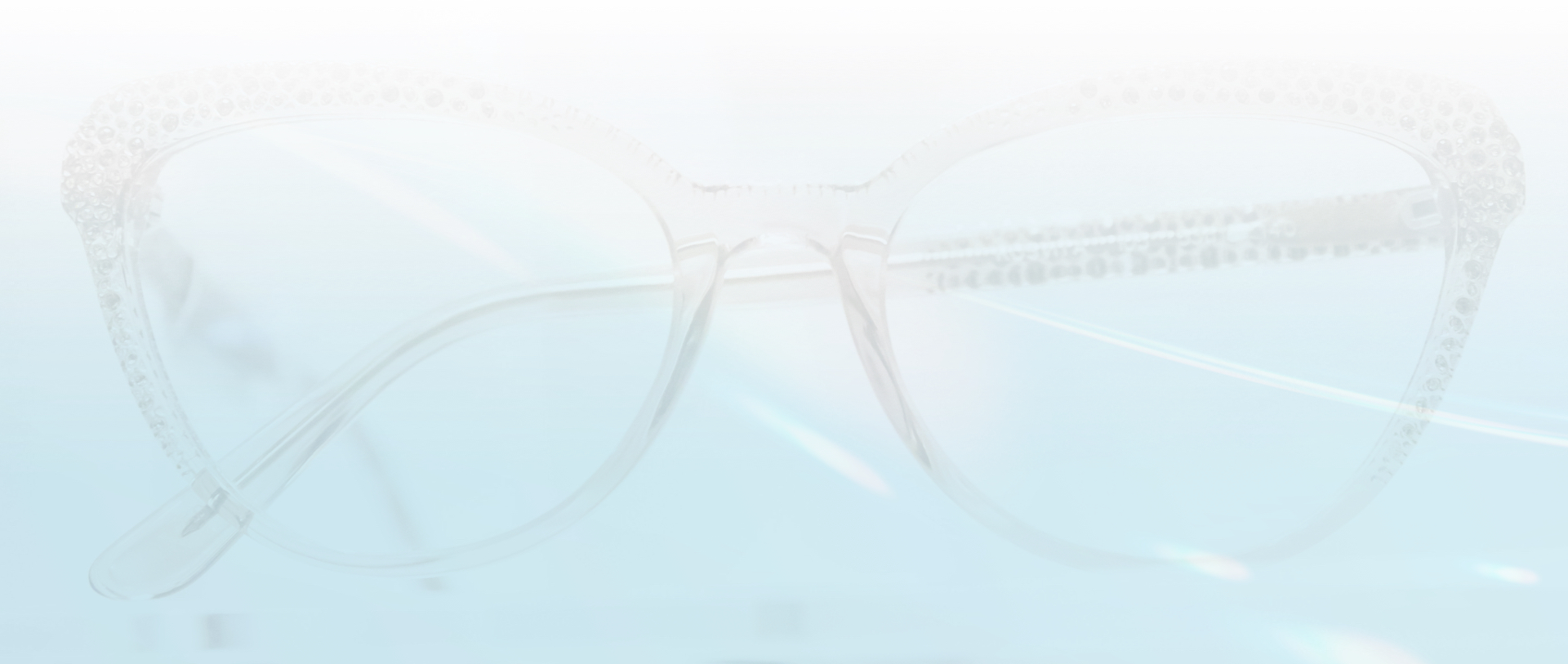When it comes to your eyes and visual health, safety comes first. That’s where a comprehensive contact lens exam and fitting with your optometrist comes in. Your new lenses require a comfortable and precise fit so you can safely wear them without issues.
Let’s take a closer look at the contact lens fitting process, what to expect, and how it’s an important aspect of the overall exam.
The Fitting Process
Contact lenses can be an excellent alternative to your prescription glasses and are worn to correct refractive errors such as:
- Myopia (nearsightedness)
- Hyperopia (farsightedness)
- Astigmatism
- Presbyopia
During your contact lens exam, your optometrist will check your visual acuity to determine how well you see letters and symbols from a distance.
During the exam, your optometrist will conduct different measurements and evaluations of your eyes, such as:
A contact lens exam isn’t complete without the fitting process to ensure your comfort and safety come first.
The fitting process begins with a close examination of the cornea using a biomicroscope. Your optometrist uses the biomicroscope to provide a detailed, magnified view of the cornea and other details of the eye.
Following approval by your optometrist to wear contact lenses, you will be fit with trial contact lenses. The trial process evaluates how your eyes adjust and respond to the new lenses to ensure the final fit is safe and comfortable.
The Follow-up Process
Your optometrist will schedule follow-up appointments to determine how your eyes are responding to the trial lenses and make any necessary adjustments.
Your final contact lens prescription includes information such as:
- The brand of your contact lenses
- Diameter of your lenses
- The curvature of the optical zone of the lenses
- An expiration date for buying replacements
Types of Contact Lenses
Contact lenses come in many different forms and serve different vision correction functions. Contact lenses fall under 2 main categories, soft contact lenses and rigid gas permeable (RGP).
Soft contact lenses are made of soft, flexible plastics that allow oxygen to pass through to the cornea.
RGP lenses are more durable than soft contacts, resistant to deposit buildup, and tend to last longer than soft contact lenses.
These 2 categories include specialty contact lenses that correct different vision issues.
Hybrid Contact Lenses
Hybrid contact lenses feature an RGP center surrounded by a soft outer ring. Hybrid contacts correct refractive errors such as myopia, hyperopia, astigmatism, and presbyopia. Hybrid lenses also address keratoconus, which is an irregular corneal curvature.
Scleral Contact Lenses
Scleral lenses are larger than standard RGP contact lenses. Scleral lenses rest on the white of your eyes, known as the sclera, and allow for extra space on your cornea’s surface. This extra space allows for extra breathability for your eyes.
The space between the cornea and the back of the scleral lens allows for more fluid to be stored and makes these lenses an excellent option for people with keratoconus or dry eye disease.
Multifocal Contact Lenses
Multifocal contact lenses feature 2 distinct lens powers for near and distant vision. These lenses are an excellent option for people with presbyopia and can eliminate the need for reading glasses.
Multifocal contact lenses are available in soft and RGP forms and are available for daily wear or extended overnight wear.
Get a Precise Fit in Pittsburgh
A contact lens exam and fitting with your optometrist is to help ensure your eyes are compatible with different lenses and find the best vision correction solution. Safety comes first, and the fitting process is designed with your comfort and safety in mind.
Book an appointment with your optometrist at McCauley Celin Eyecare Associates to schedule your contact lens exam and fitting today.

